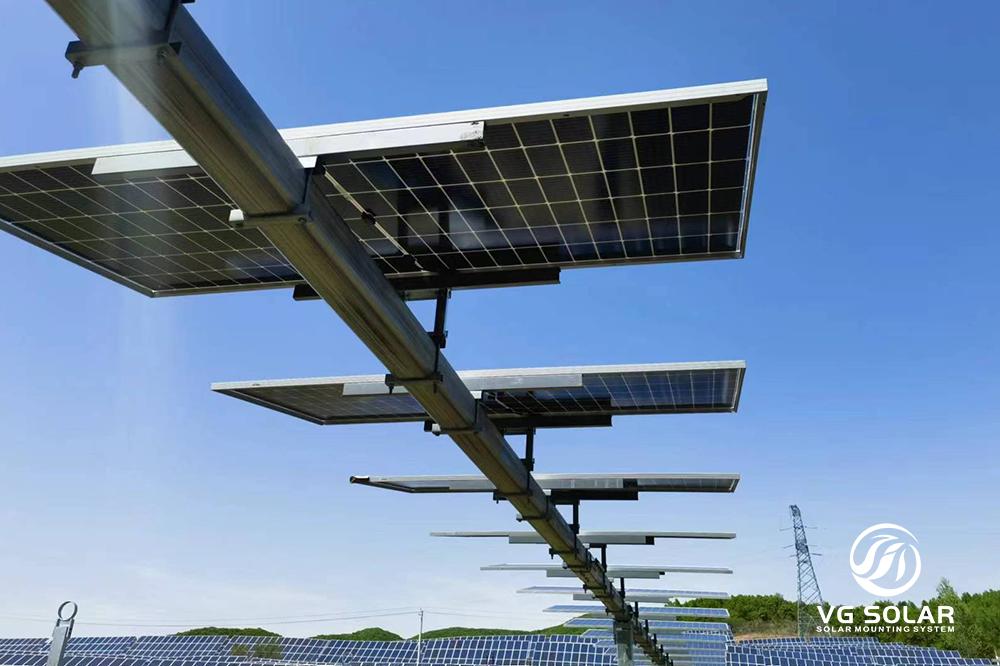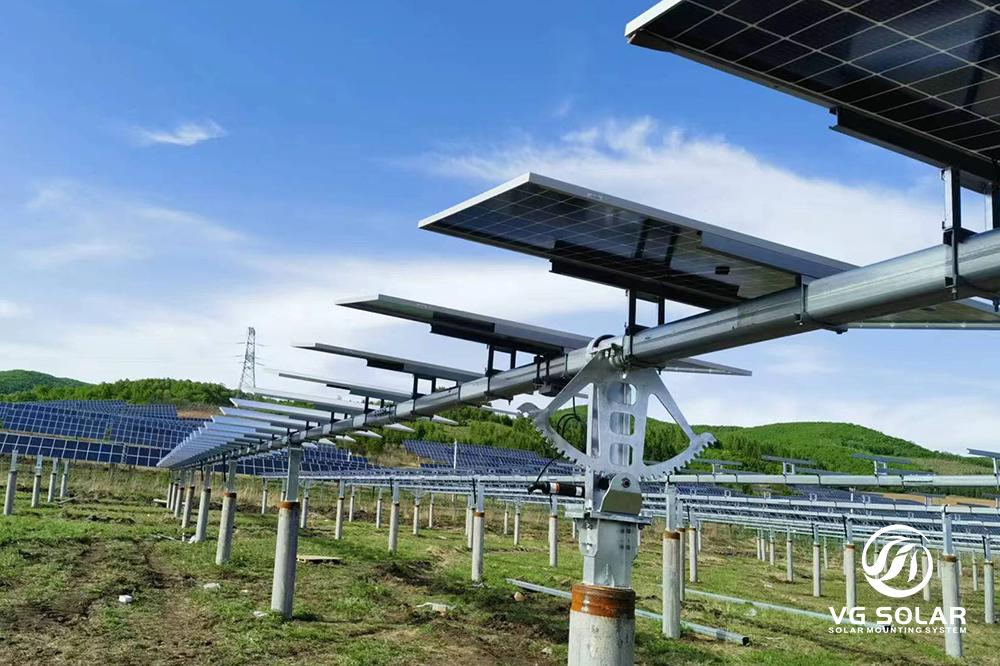Advances in photovoltaic technology have revolutionised the way we harness solar energy. Photovoltaic tracking systems have become a key component in maximising the efficiency of solar power generation. These systems are designed to actively capture sunlight and ensure that photovoltaic panels are always facing the sun for optimal energy production. This article discusses the importance of photovoltaic tracking systems in improving the efficiency of power generation and integrating the technological innovation of AI algorithms.
Photovoltaic tracking systems are designed to continuously adjust the position of solar panels to capture the maximum amount of sunlight throughout the day. By actively tracking the sun's rays, these systems significantly increase the overall energy output of photovoltaics. While traditional fixed solar panels have limited ability to adapt to changes in the sun's position, tracking systems continuously optimise the angle of the panels to ensure they are perpendicular to the sun. This dynamic approach allows for more consistent and efficient solar power generation.

One of the key benefits of photovoltaic tracking systems is their ability to increase the efficiency of power generation. By constantly adjusting the orientation of the solar panels, these systems can capture more of the available sunlight, thereby increasing energy production. This increase in efficiency is particularly valuable in areas with variable weather patterns or seasonal changes, as the tracking system can adapt to maximise energy capture under different conditions. Photovoltaic tracking systems therefore play a vital role in maximising the overall output of a solar power installation.
In addition to improving efficiency, the photovoltaic tracking system also incorporates the innovation of AI algorithms to further enhance its performance. Using artificial intelligence, these systems can analyse real-time data on sunlight intensity and panel orientation to make precise adjustments for optimal energy capture. This cutting-edge technology enables the tracking system to adapt to changing environmental factors, ensuring that solar panels are always in a position to maximise energy production. The integration of artificial intelligence algorithms represents a significant advancement in solar technology, enabling photovoltaic tracking systems to operate with unparalleled accuracy and efficiency.

In addition, the integration of artificial intelligence algorithms into PV tracking systems can enable predictive maintenance and performance optimisation. By continuously analysing data from solar panels and environmental conditions, AI algorithms can identify potential problems or inefficiencies before they impact energy production. This proactive maintenance approach helps to minimise downtime and ensure the long-term reliability of your PV installation. In addition, AI-driven optimisation algorithms can fine-tune the operation of the tracking system to adapt to changing environmental conditions, further maximising energy capture and overall system performance.
In summary, photovoltaic tracking systems play a key role in maximising the efficiency of solar power generation. By using advanced technologies to actively track sunlight, these systems significantly increase energy production, and their performance is further enhanced by technological innovations that integrate artificial intelligence algorithms. As the demand for renewable energy continues to grow, PV tracking systems will remain a key component in harnessing solar energy to meet our energy needs.
Post time: Jul-12-2024
